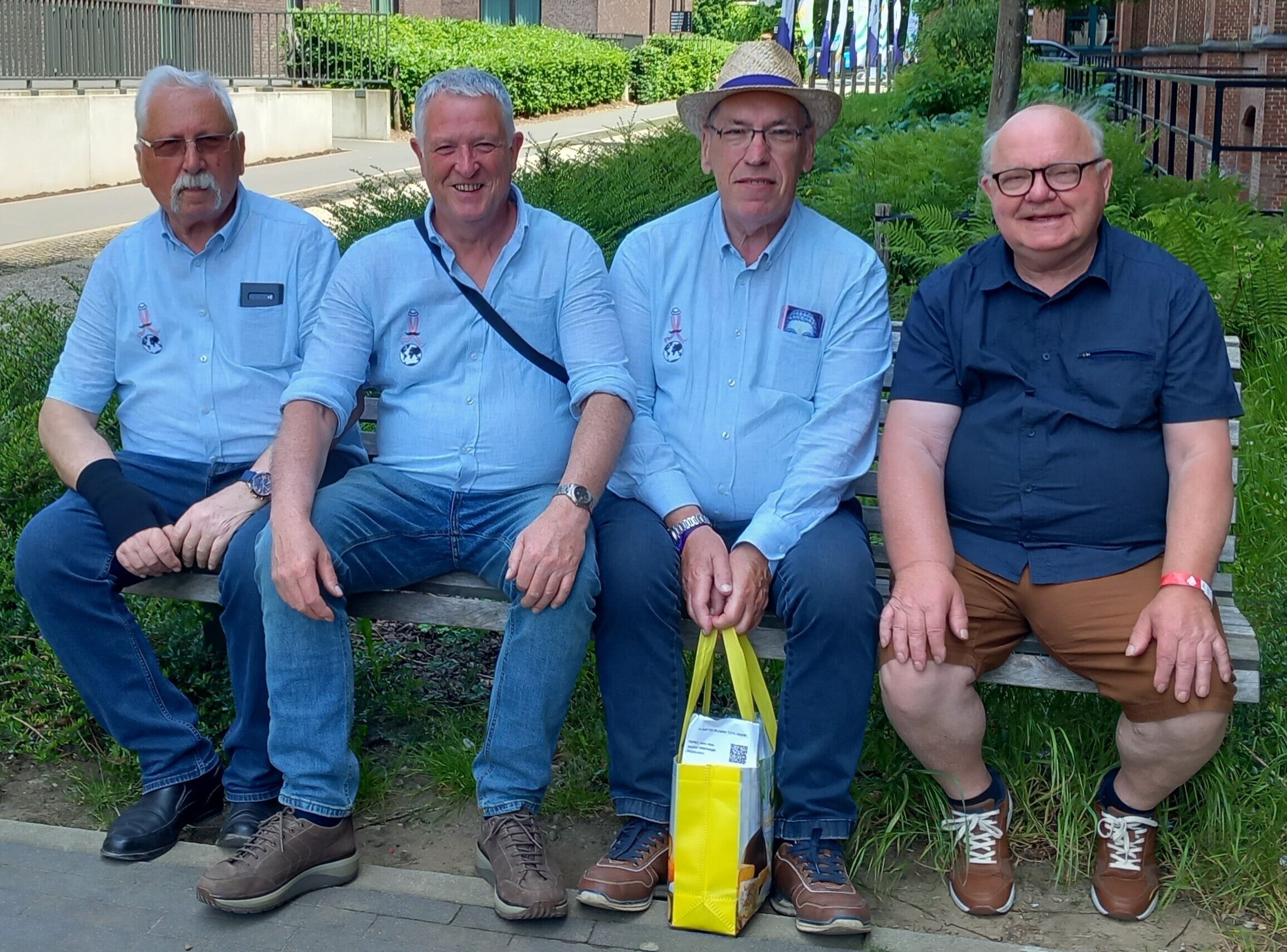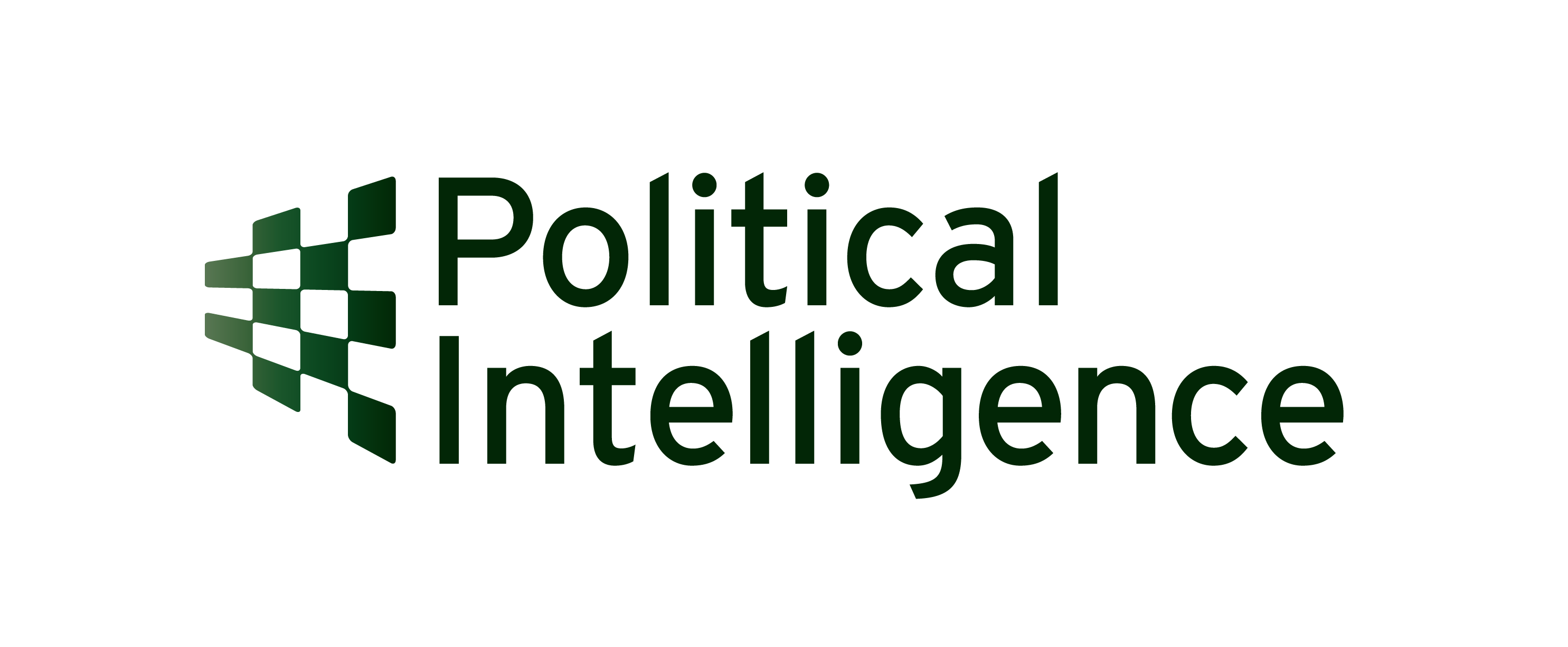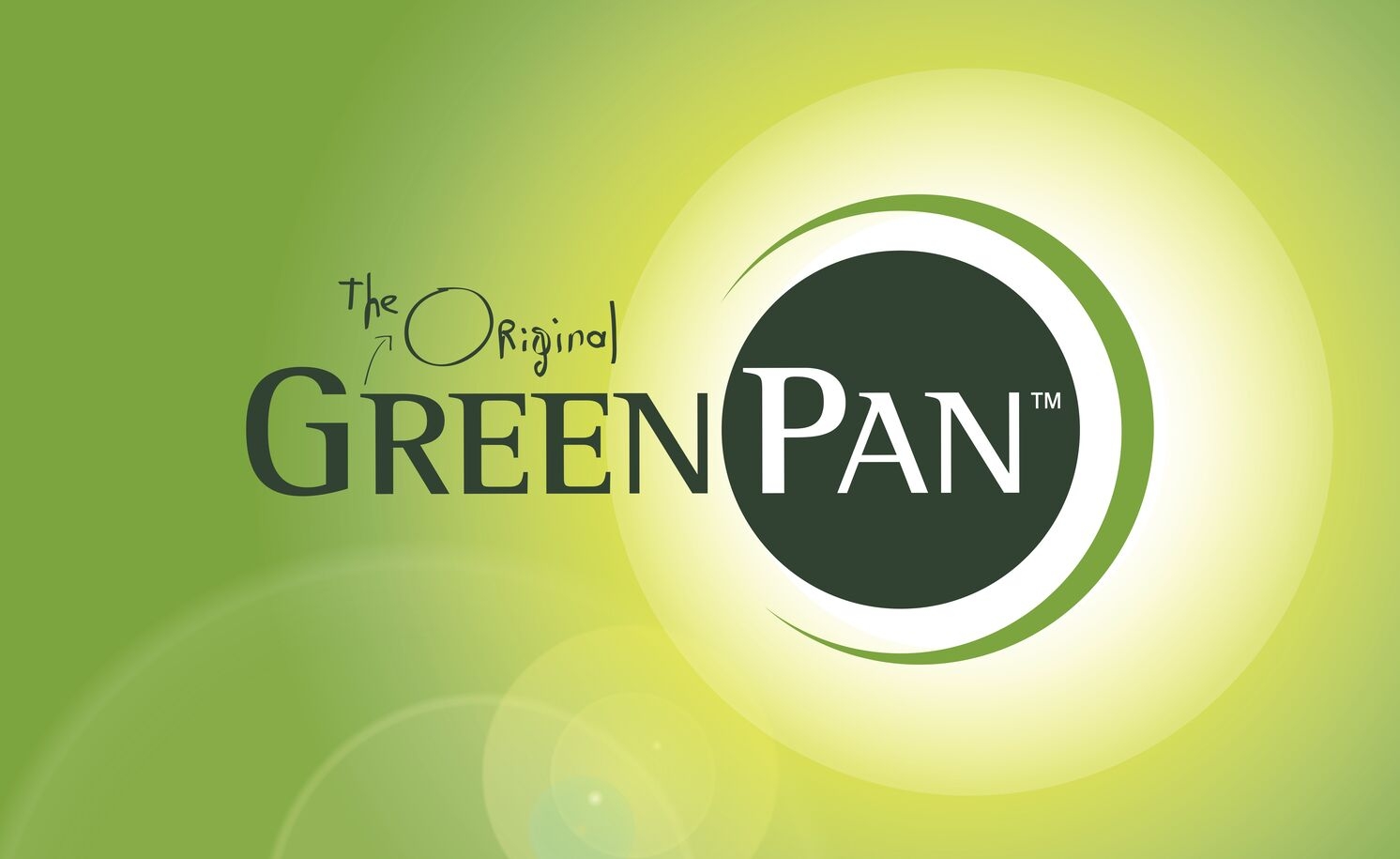Men can also get breast cancer

Breast CancerMAN is an association that advocates for the interests of men with breast cancer. The non-profit organization helps spread breast cancer awareness, encourages men to engage in self-examination, represents them where necessary and provides advice and assistance to individual patients. 'That awareness is still desperately needed,' André Pauwels, chairman of Breast CancerMAN told Pink Ribbon. 'Not only the population, but also the medical sector does not pay enough attention to breast cancer in men,' he says, 'Fortunately, there are some breast cancer specialists who do have an eye for our needs.' And what about the men themselves?

Patrick Bastiaens thought he was the first man in Belgium with breast cancer. He had a lump under his nipple, but did not worry about it. "I didn't even know breast cancer existed in men!" he responds. Bastiaens was diagnosed in 2016, he got there in time and the tumor was removed. 'My breast is gone, but I don't miss it. It's different with women, for them a breast is not just a breast'. Patrick responded to Pink Ribbon 's call for (former) breast cancer patients to design a ribbon. "I have immense respect for women with breast cancer.
André Pauwels, himself an ex-breast cancer patient, spares no expense to raise awareness of the disease among men. Breast CancerMAN, founded by 5 men with breast cancer, including André, does not have that many members. 'We have about 35 - 40. Not many, but men generally have less need for fellow-sufferer contact. Many get in touch once or twice to find out about the disease, and that's it.' Fortunately, there are diehards like André who continue to work for greater recognition and awareness. 'October, by annual custom, is dedicated to breast cancer. On October 7, Breast CancerMAN draws special attention to breast cancer in men. That's our international day," André says. 'Our pink ribbon has a blue border, and for the international day even a mustache and a hat.' Breast CancerMAN has more in store, a theater performance on Oct. 6 in Opwijk, for example. They don't sit still, those men with breast cancer. Be sure to take a look at their website.
Continue reading

Seven questions about triple-negative breast cancer

Fear of relapse after breast cancer


.png)












.png)
















